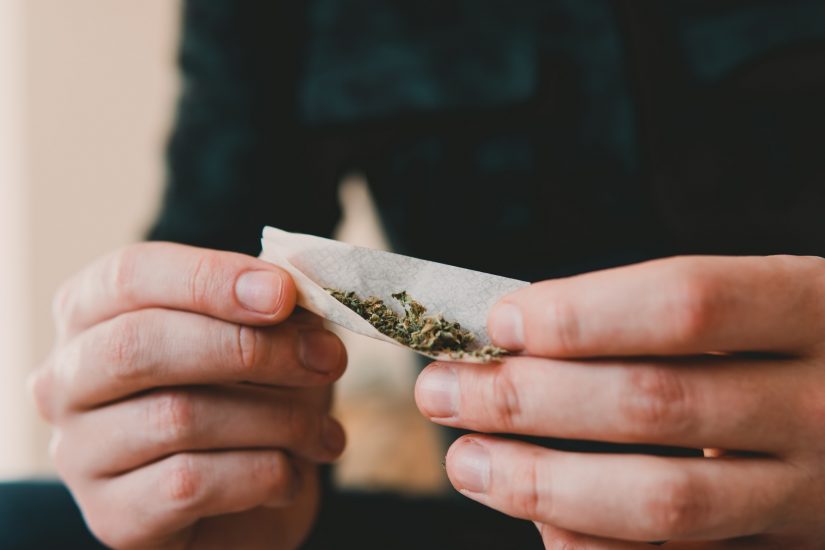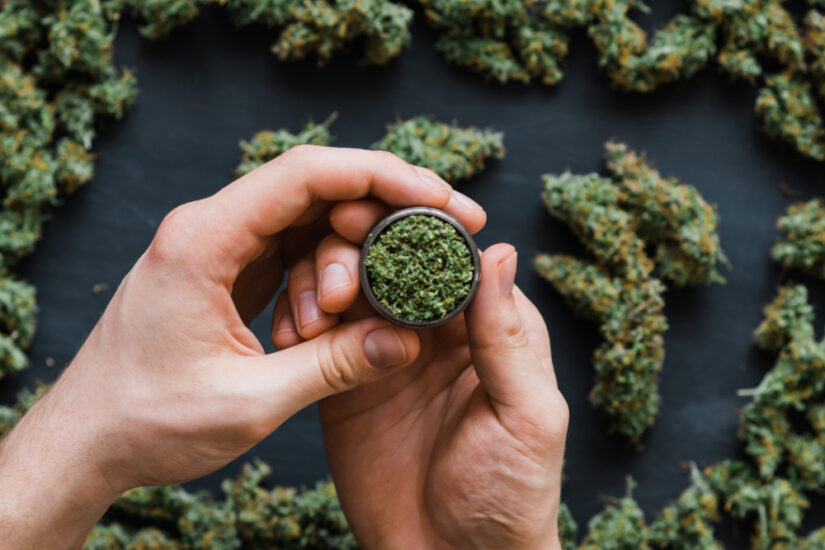
April 10, 2023
Medical marijuana laws in Texas have come a long way in recent years, with the state’s Compassionate Use Program providing access to medical cannabis for certain qualifying patients. As a criminal law firm, it’s important for us to stay informed about how these laws can impact our clients. In this blog post, we will discuss how the Medical Marijuana – Texas Compassionate Use Program could be used in a criminal case.
Who Qualifies for Medical Marijuana in Texas?
First, it’s important to understand who qualifies for the program. In order to access medical cannabis through the program, a patient must have been diagnosed with one of the following specific medical conditions:
- Epilepsy
- Multiple Sclerosis
- Terminal Cancer
- ALS
- Spasticity
- Neurodegenerative diseases
- Autistic spectrum disorder
- Incurable neuro-immunological disease
- Incurable chronic condition with severe pain, nausea, vomiting, or wasting
- Post Traumatic Stress Disorder.
Additionally, the patient must have a prescription from a licensed physician that is qualified for the Medical Marijuana – Texas’s Compassionate Use Program. The physician must:
- hold an active license to practice medicine in Texas
- be in good standing with the Texas Medical Board
- have completed a 2-hour continuing education course about the use of low-THC cannabis and medical cannabis
- be registered with the Compassionate Use Registry and agree to comply with the rules and regulations of the program.
The physician must also certify that the patient has a medical condition that falls within the approved list, and that traditional medical treatments have been ineffective in treating the patient’s condition. The physician must also provide the patient with a prescription for low-THC cannabis or medical cannabis and monitor the patient’s treatment and care.
Medical Marijuana in a Criminal Case
So how can this program be used in a criminal case? If a client is facing drug-related charges and has a valid prescription for medical cannabis through the Compassionate Use Program, they may be able to use this as a defense in court. A valid prescription serves as evidence that the cannabis in question was obtained legally for the purpose of treating a qualifying medical condition. This could potentially lead to a reduction or dismissal of charges.
Conditions of Bond and Conditions of Probation
It depends on the specific circumstances of the case and the terms of the probation. The Medical Marijuana – Texas Compassionate Use Program allows for the use of low-THC cannabis and medical cannabis for certain qualifying patients, but it does not provide immunity from prosecution for all drug-related crimes. It’s important to comply with the legal limits set by the program and any other state laws and regulations.
If someone is on probation for a criminal offense and has been prescribed medical cannabis through the Compassionate Use Program, they may be able to use this as a defense in court, if they are charged with a drug-related crime while on probation. However, it is important to note that probation terms vary and can be different in every case. It is important to check with the probation officer and comply with the terms of probation, that may prohibit the use of any controlled substances, including medical cannabis.
It’s also important to consult with legal counsel before using the program as a defense in court, as the use of medical cannabis while on probation may be considered a violation of probation and may lead to additional charges or penalties. The Judge presiding in a criminal case controls the rules a person must follow while on bond. They may add or remove reasonable conditions of bond. It is important for a Judge in a criminal case to consider the following:

- Medical Necessity: A person has a qualifying medical condition that is approved for treatment with THC products under the Texas Compassionate Use Program, and that their use of THC products is necessary for managing their symptoms and improving their quality of life. They may provide documentation from a qualified healthcare professional to support their claim.
- Reduced Reliance on Other Medications: A person’s use of THC products as part of their medical treatment plan has resulted in a reduction in their use of other medications that may have more significant side effects or risks of dependence. They may argue that THC products are a safer and more effective alternative for their medical condition.
- Constitutional Rights: A person’s use of THC products is protected by their constitutional rights, such as their right to privacy, their right to pursue life, liberty, and happiness, or their right to make decisions about their own healthcare. Restricting a person’s use of THC while otherwise in compliance with the Texas Compassionate Use Program while on probation is overly restrictive and violate their constitutional rights.
- Compliance with State Law: A person’s use of THC products is in compliance with the state law of Texas, as the Texas Compassionate Use Program allows for the use of THC products for qualifying medical conditions. As long as a person is using THC products in accordance with the Texas Compassionate Use Program regulations, they should be allowed to continue their use while on probation.
It’s important to note that the Compassionate Use Program does not provide immunity from prosecution for all drug-related crimes. For example, if a client is found to be in possession of an amount of cannabis that exceeds the legal limit set by the program, they may still face charges. Additionally, the program only applies to low-THC cannabis and medical cannabis, so possession of other forms of marijuana would still be illegal.
Important Things to Know
There are a few other important things to know about the Medical Marijuana – Texas Compassionate Use Program:
- The program is still in the process of being fully implemented, so access to medical cannabis may be limited for some patients.
- The program only covers low-THC cannabis and medical cannabis, so possession of other forms of marijuana would still be illegal.
- While the program allows for the use of medical cannabis, it does not provide immunity from prosecution for all drug-related crimes. It is important to comply with the legal limits set by the program and any other state laws and regulations.
- Patients participating in the program are required to register with the state’s Compassionate Use Registry and must have a prescription from a licensed physician who is registered with the program.
- The program is only available for Texas residents, it’s important to note that marijuana possession and use is still illegal under federal law, so even if a person qualifies for the program, it does not protect them from federal prosecution.
- The program does not cover all the medical conditions, and the physician will have to justify the use of medical cannabis for the patient’s condition, that traditional medical treatments have been ineffective in treating the patient’s condition.
- Only certain licensed dispensaries are authorized to distribute medical cannabis in the state.
It’s important for patients and physicians to stay informed about the program’s rules and regulations and to consult with legal counsel if they have any questions or concerns about their rights under the program.
Contact The Best Lawyer For THC Possession in Houston Today
Remember, possessing THC outside of the Texas Compassionate Use Program is a Felony criminal offense in Texas and could carry punishment up to and including time in Prison. The Medical Marijuana – Texas Compassionate Use Program can serve as a defense in certain drug-related criminal cases for patients who have been diagnosed with specific medical conditions and have a valid prescription for medical cannabis. As a criminal law firm, it’s crucial for us to stay informed about these laws and how they can impact our clients.
The criminal defense team at The Napier Law Firm is compassionate, skilled, and prepared to mount a solid defense strategy. We’re dedicated to helping people charged with THC and Marijuana offenses overcome misdemeanor, and felony charges. We serve the following areas:

- Conroe, Texas Criminal Defense
- Houston, Texas Criminal Defense (including all of Harris County)
- Fort Bend, Texas Criminal Defense
- Montgomery, Texas Criminal Defense
- Galveston, Texas Criminal Defense
If you or a loved one is facing drug-related charges and have a valid prescription for medical cannabis, please contact us today to discuss your case at 713-470-4097 and to schedule your free consultation with a Houston area criminal defense lawyer. For more information on the Compassionate Use Program, visit the Texas Department of Public Safety and the Texas Government website.